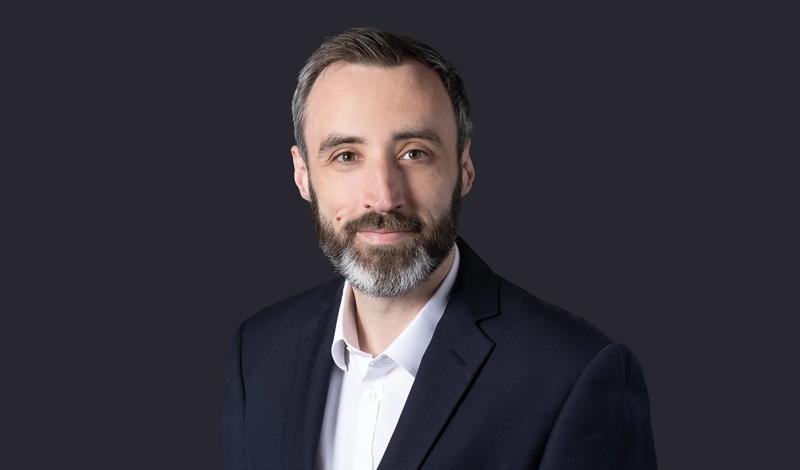Browne Jacobson’s government & infrastructure lawyers advise on first South West based green hydrogen production project
Browne Jacobson’s specialist government and infrastructure team have advised Canford Renewable Energy Ltd on the delivery of its Dorset Green H2 facility.
Browne Jacobson’s specialist government and infrastructure team have advised Canford Renewable Energy Ltd on the delivery of its Dorset Green H2 facility, a green hydrogen production facility which is the first project of its kind located in the South West to use renewable energy only. The facility will use renewable energy generated on site from solar and landfill gases to make green hydrogen, a zero-emission fuel.
Green hydrogen is considered to be the future for industries that have a high energy consumption and heavily pollute the environment., It will help companies operating in those sectors to move away from the use of fossil fuels.
The facility which has is being funded in a £6.5m package, is due to begin operating later this year.
The Browne Jacobson project team led by government sector lawyer and Legal Director, Alex Kynoch, provided advice on the state aid and subsidy control law elements linked to the project.
Nathan Ross, Managing Director, Canford Renewable Energy said: “We are pleased to see this project come to life and are grateful to have had support and high-quality expertise from Alex and the Browne Jacobson team along the way.
“Dorset Green H2 is leading the way for the development of a hydrogen economy in Dorset and the South West, and we are looking to bring forward other green hydrogen production projects in the region.”
Alex added: “This is a significant sustainable infrastructure project for Dorset and the South West and we are delighted to have supported our client in achieving its goals.
“Dorset have mapped out a very clear vision to become net zero by 2050 and to support the Government’s drive for the UK to reach a net zero status in the not too distant future - this facility will allow the region to jump leaps and bounds ahead of other regions in the UK in doing that.”
“This project is also a great reflection of our team’s ever-growing credentials in the green energy space and underpins our firm’s own commitments around helping to drive forward the net zero agenda.”
Browne Jacobson’s Government sector practice which is ranked by Chambers & Partners as a “universally good team punching well above their weight” is made up of specialist public law solicitors who work across all areas of the government sector. The practice offers tailored advice to over 200 local authorities, 50 NHS bodies and 10 central government departments and bodies.

Alex Kynoch
Partner
alex.kynoch@brownejacobson.com
+44 (0)115 976 6511








































